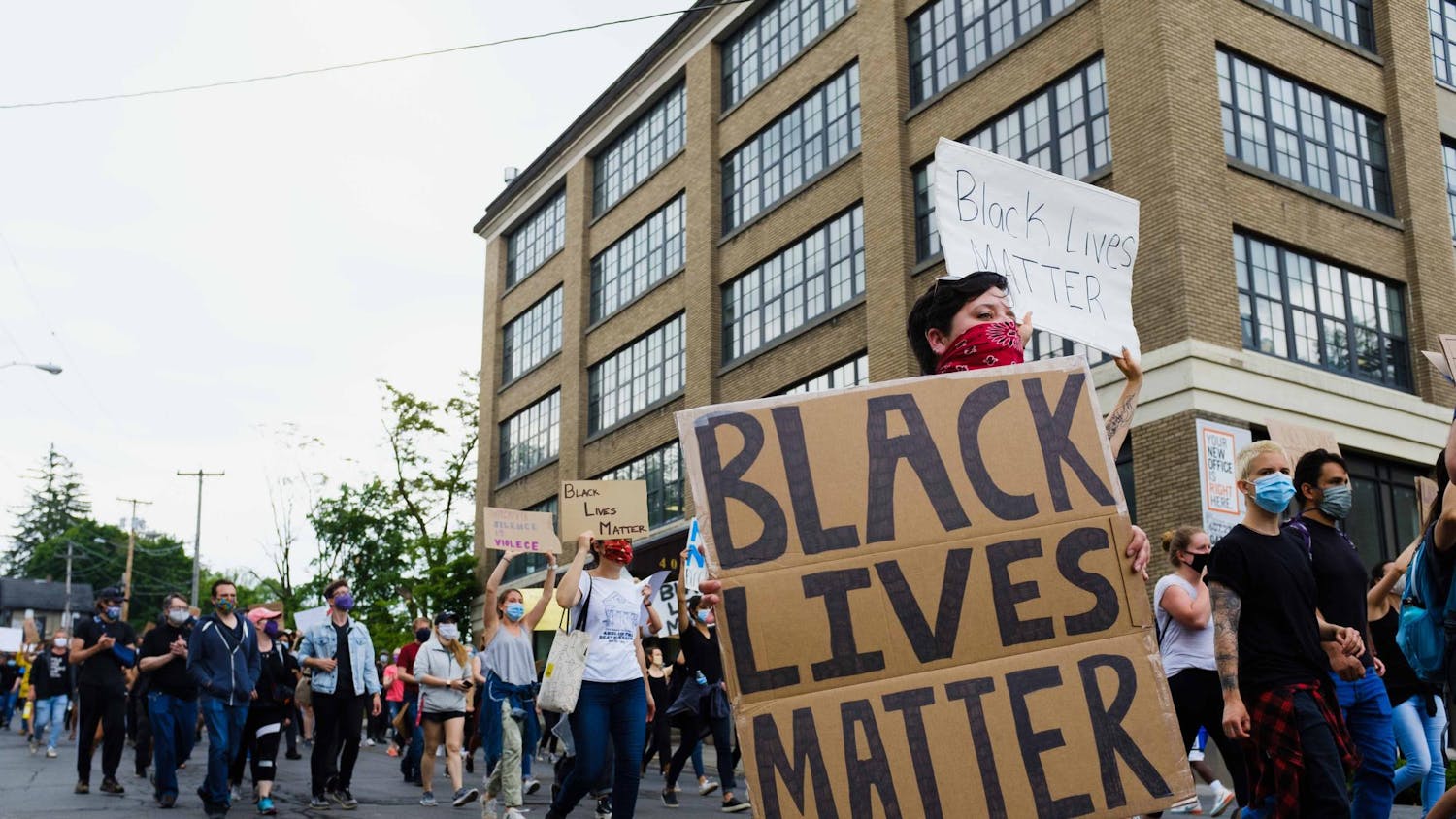On Friday afternoon, two weeks after its return to in-person instruction, the University announced that starting Monday, Feb. 21, surveillance testing will no longer be required for individuals who are fully vaccinated and boosted.
The University first instituted the surveillance testing in Sept. 2020 to monitor the spread of COVID-19 throughout campus.
The email from Provost Michael Kotlikoff, Vice President of Student and Campus Life Ryan Lombardi and Vice President and Chief Human Resource Officer Mary Opperman cited low numbers of infections among the campus community, a lack of hospitalizations on campus and high vaccination rates among students and employees as reasons for lifting the testing requirements.
The administration also pointed to a decline in nationwide infection as a factor in their decision.
“We are confident that frequent and regular testing of non-symptomatic, vaccinated-and-boosted individuals is no longer necessary to adequately monitor our community,” wrote the administrators.
According to the COVID-19 dashboard, there are 68 active student cases and only 38 new cases among undergraduates, graduate students, faculty and staff as of Feb. 16.
Despite the updates to the surveillance testing protocol for fully vaccinated Cornellians, all students, faculty and employees who are either unvaccinated or unboosted must continue to follow their surveillance testing requirements.
Faculty, staff and students will be able to opt into weekly testing on the Daily Check portal, although they are not required to do so.
All members of the University community will still be allowed to receive supplemental testing if they are exposed to infected individuals, and symptomatic testing is also available for those who experience mild to moderate symptoms of COVID-19.
Masking requirements will remain in place. All faculty, staff and students are still required to wear high-quality masks covering their nose and mouth while on campus indoors.
In the announcement, the administration also acknowledged that the potential risk of exposure to COVID-19 may increase as people may travel over February break on Feb. 26 to March 1, and it urges those who choose to travel over break or attend large gatherings to get tested.











